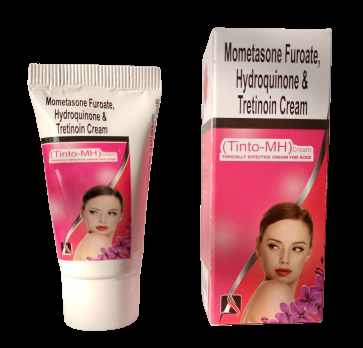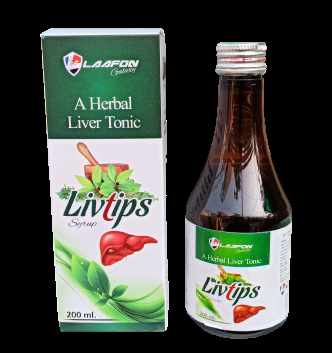Pantafon Pantoprazole Injection 40 mg is a medication used for the treatment of stomach ulcers and in post-surgery IV treatment to avoid unnecessary vomiting or acidity in the stomach. Like other medicines, it can be used for eliminating Helicobacter pylori disease. Pantoprazole was used first time in Germany in 1994.

Pantoprazole injection is a short-term treatment for gastroesophageal reflux disease (GERD), a disorder in which acid from the stomach travels backward, producing heartburn and perhaps hurting the esophagus. It is used for those who have an esophageal injury and are unable to take pantoprazole orally (the tube between the throat and stomach).
Additionally, it is used to treat disorders like Zollinger-Ellison syndrome where the stomach overproduces acid (tumors in the pancreas and small intestine that caused increased production of stomach acid).
Pantoprazole belongs to the group of medications known as proton-pump inhibitors. It reduces the amount of stomach acid produced.
Table of Contents
Pantoprazole Injection 40 mg Uses
Pantafon Pantoprazole injection 40 mg is used to treat many stomach problems (such as GERD). It decreases the amount of acid stomach. The use of this drug in Asian countries is due to the overuse of tea.
This medication relieves symptoms of heartburn, difficulty swallowing, and persistent cough due to surgery or hospitalization.
Pantoprazole injections heal acid damage to the stomach like ulcers. It also helps prevent acidity formation in the stomach.
PANTOPRAZOLE SIDE EFFECTS
However Pantoprazole is the safest drug in the PPI category, but it may have rare side effects like headaches, diarrhea, vomiting, abdominal pain, and in very few cases it can cause joint pain. In some cases, serious side effects may happen as severe allergic reactions, for example, a type of chronic inflammation which is known as atrophic gastritis.
Pantoprazole may insist on infections such as pneumonia in patients who are treated in hospitals. However, the chances of such infections are near to negligible.
Drug Interactions:
Pantoprazole has the least drug interactions, it may be noticed in the use of ampicillin esters, ketoconazole, atazanavir, and iron salts because these are pH-sensitive salts, they may have to get affect absorption due to pantoprazole. When these drugs are used, do not use pantoprazole sodium along with them.
Pantoprazole Injection Price range in India:
The price range of Pantoprazole Injection in India remains between Rs. 45 to 55 for retail customers. However, the trending price for per piece of the vial for traders remains about Rs.10 to 12. Third-party manufacturing rates range between Rs. 6.5 to 8 for bulk manufacturing, a tentative batch size of 5000 vials.
Short description
BRAND NAME: PANTAFON-40 INJ.
Dosage Form: Injectables.
Composition: Pantoprazole Soium 40 mg Inj.
Packing: 40 mg / 10 ml Vial with water for Injection.
MRP: Rs. 55.36/-
Also Available ;
Pantafon-D Tablet (Pantoprazole & Domperidone Tablets)
Pantafon-40 Tablet (Pantoprazole Soium 40 mg Tablet )
Dosycal Plus Softgel: (Calcium, calcitriol and zinc softgel )
Protilaa Powder: Protein Powder
LOBULAR-GM: (Clobetasol Propionate 0.5%, Neomycin Sulphate 0.5 %, Miconazole Nitrate 2% Cream.
Faster gel: Diclofenac, Linseed Oil, Salicylic acid, and Menthol gel
Tinto-MH Cream: (Mometasone, Tretinoin, and Hydroquinone Cream)
COZICOF-LS : Ambroxol Hcl 15 mg+Levasalbutamol 1mg.+Guaiphenesin 50mg/5 ml
Fonvital Plus: Ginseng with Multivitamins, Minerals & Antioxidants capsules
Mecome-Alpha: Methylcobalamin alpha-lipoic acid pyridoxine Hydrochloride, folic acid, and Thiamine Mononitrate
DOWN-A SUSPENSION: Aceclofenac and Paracetamol suspension
References:
- Pantoprazole (Michelle A. Bernshteyn; Umair Masood.) [StatPearls]
Disclaimer:
Disclaimer: All the information and articles available on this site are for educational purposes only. The information given here should not be used for the diagnosis or treatment of any health problem or disease without expert advice. The advice of a qualified medical practitioner should always be sought for medical examination and treatment.
Reviewed by:

Dr. Yogesh Chaudhary (B. Pharma)
Senior Pharmacist at S.N. Medical College, Agra-(UP)



